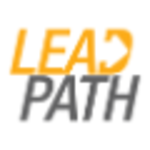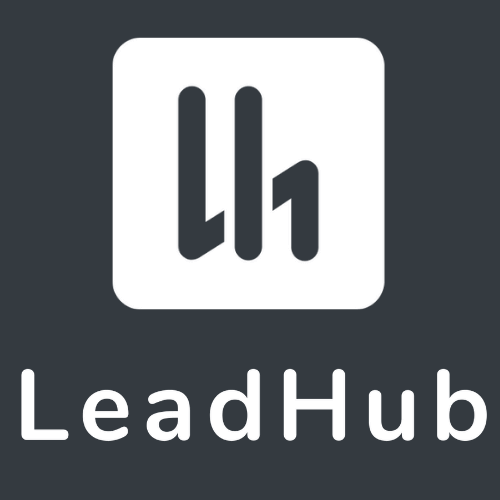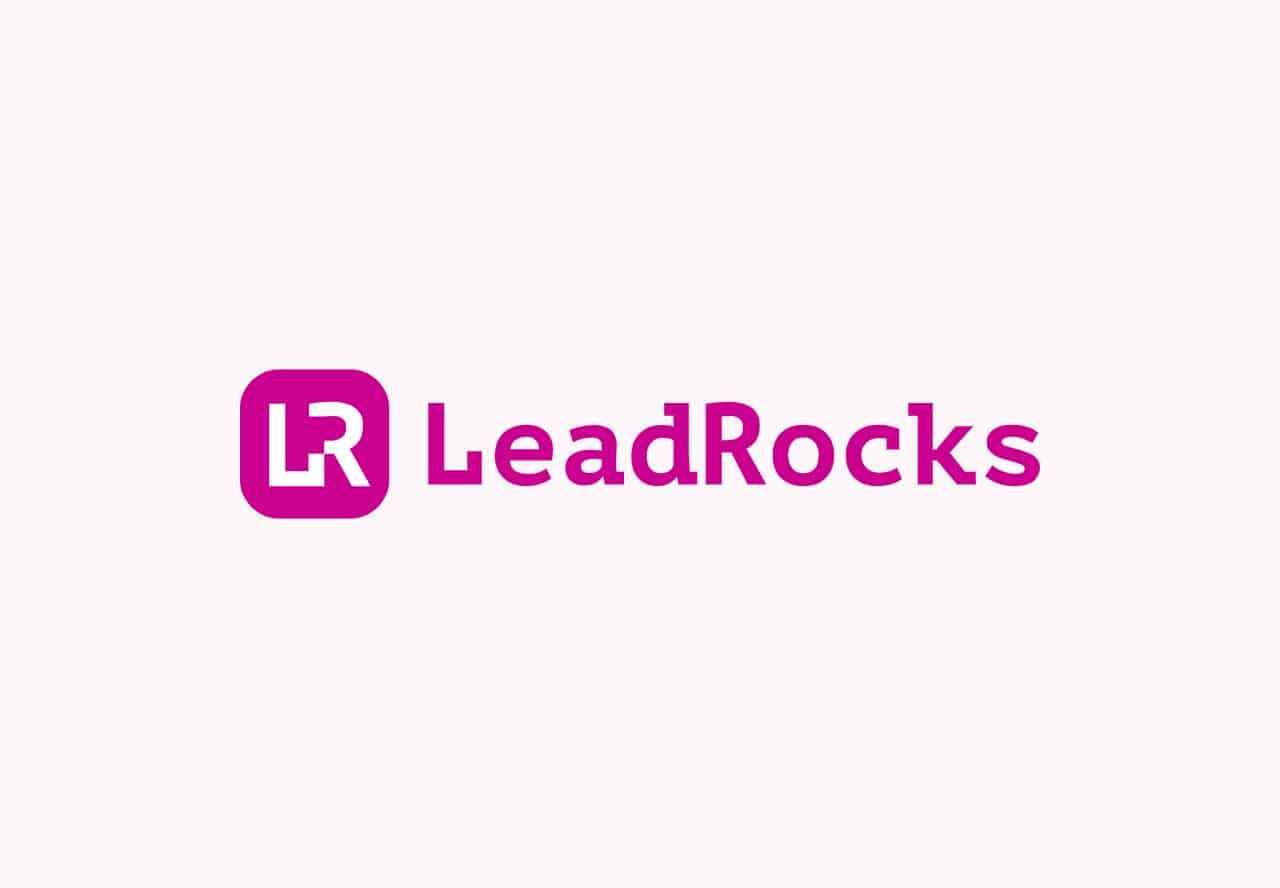Description

Krademy LMS

LeadPath
Comprehensive Overview: Krademy LMS vs LeadPath
Krademy LMS and LeadPath are two different products serving distinct purposes in the realm of digital solutions, training, and sales management. Here’s a comprehensive overview of each:
Krademy LMS
a) Primary Functions and Target Markets:
- Primary Functions: Krademy LMS is a Learning Management System (LMS) designed to deliver online training and education. Its primary functions include course creation and management, user enrollment, progress tracking, assessments, certifications, and analytics to track learning performance.
- Target Markets: Krademy LMS targets corporate clients, educational institutions, and individual trainers who require a robust platform for delivering educational content and training programs efficiently. It is particularly geared towards organizations looking to upskill employees, offer compliance training, or provide continued education.
b) Market Share and User Base:
- Market Share: The LMS market is crowded, with numerous competitors like Moodle, Canvas, and Blackboard. Krademy LMS, as a specialized solution, aims to capture niche markets primarily involving corporate training and smaller educational setups rather than competing head-on with the larger, more established players.
- User Base: Krademy LMS likely focuses on quality over quantity, targeting organizations seeking a tailored solution for their training needs. Its user base is probably smaller than mainstream solutions but may have higher engagement levels due to its customization capabilities and specific focus areas.
c) Key Differentiating Factors:
- Customization: Offers highly customizable learning paths and modules, allowing organizations to tailor the platform to specific training goals.
- Integration capabilities: It can integrate with other enterprise software, helping organizations streamline their training with other business processes.
- User Experience: Emphasizes user-friendly interfaces that cater to both administrators and learners, improving adoption and usability.
LeadPath
a) Primary Functions and Target Markets:
- Primary Functions: LeadPath is primarily a sales and lead management tool. It offers features like lead tracking, CRM capabilities, sales pipeline management, analytics, and reporting. Its aim is to optimize workflows for sales teams, enhance lead qualification processes, and improve overall customer relationship management.
- Target Markets: LeadPath targets sales teams, marketing departments, SMEs, and larger enterprises looking for effective lead and customer data management tools. It suits organizations focusing on improving sales conversion rates and customer interaction efficiency.
b) Market Share and User Base:
- Market Share: In the CRM and sales management sphere, LeadPath competes with big names like Salesforce, HubSpot, and Zoho CRM. Similar to Krademy LMS, LeadPath might not dominate market share but appeals to specific business sectors requiring lightweight, flexible CRM solutions.
- User Base: Likely a moderate user base of small to medium enterprises and distinct departments within larger companies. Those using LeadPath are typically seeking straightforward lead management without the complexity or cost of larger systems.
c) Key Differentiating Factors:
- Cost-Effectiveness: May offer competitive pricing or subscription models that are scalable according to the size and needs of a business.
- Ease of Use: Provides an intuitive user interface designed for quick onboarding and minimal training for sales teams.
- Integration and Scalability: Possesses the capability to scale with business growth and integrate seamlessly with existing tools like email platforms or marketing automation software.
General Comparison and Conclusion
In terms of market position, both Krademy LMS and LeadPath are likely niche players. They cater to specific needs—Krademy LMS for tailored educational and training solutions, and LeadPath for streamlined sales processes. The primary advantage of both lies in their ability to offer customizable, cost-effective, and user-friendly solutions that can be integrated into larger enterprise systems. While they may not have the market share of industry giants, their focus on specific market segments and adaptability might be key elements of their appeal and success.
Contact Info

Year founded :
2017
Not Available
Not Available
India
http://www.linkedin.com/company/krademy-lms

Year founded :
2015
+1 312-219-9660
Not Available
United States
http://www.linkedin.com/company/leadpath
Feature Similarity Breakdown: Krademy LMS, LeadPath
When comparing two software products like Krademy LMS and LeadPath, it's essential to focus on their purpose and features, as well as their user interface and any unique attributes that distinguish them from each other. Note that specific feature sets can vary with updates and versions, but here's a general breakdown based on common functionalities of an LMS and a lead management system:
a) Core Features in Common
Krademy LMS and LeadPath share a few core features typical of software solutions, like:
-
User Management: Both platforms likely have functionalities to manage user profiles. Krademy LMS for learners and instructors, and LeadPath for sales team members and leads.
-
Dashboard: Each software is expected to feature dashboards that provide users with an overview of activities, such as course progress in Krademy LMS or sales pipeline in LeadPath.
-
Reporting and Analytics: Both platforms likely offer some form of analytics—Krademy LMS for learning metrics and LeadPath for sales metrics and KPI tracking.
-
Integration Capabilities: Both systems can typically integrate with other software tools to enhance functionality, whether it be CRM systems, email services, or other third-party apps.
b) User Interface Comparison
The user interfaces of Krademy LMS and LeadPath would cater to their specific use cases:
-
Krademy LMS: The UI would be learner-centric, maybe offering a more open format with dashboards showing course catalogs, progress, upcoming modules, and possibly gamified elements like badges or points. It would focus on ease of navigation through courses and modules.
-
LeadPath: LeadPath's UI would likely emphasize efficiency in managing leads, with a structured format displaying contacts, lead status, stages in the sales funnel, and action items. The interface may lean towards a more data-driven approach, focusing on leads and opportunities management.
c) Unique Features
Unique to Krademy LMS:
-
Course Authoring Tools: Krademy LMS might offer tools for creating and managing educational content such as quizzes, assignments, and interactive modules.
-
Certification and Compliance Tracking: This LMS might include features for tracking certifications and ensuring compliance with industry-specific standards.
-
Gamification: Features to engage learners through various gamification techniques like points, leaderboards, and awards might be prominent.
Unique to LeadPath:
-
Lead Scoring: LeadPath could include advanced lead scoring techniques to help prioritize leads based on their potential value and activity.
-
Campaign Management: It might have specific features aimed at managing and tracking sales campaigns, and automating lead outreach.
-
CRM Integration: While Krademy LMS might focus on educational software integrations, LeadPath would focus on integrations with CRM systems to enhance lead tracking and customer relationship management.
Overall, while both platforms share some common software features typical of modern web applications, their core functionalities are oriented towards their specific objectives—education management for Krademy LMS and lead management for LeadPath. This results in key differences in user interface design and the presence of unique features tailored to their specific user needs.
Features

Analytics & Reporting
Administration & User Management
Course Management
Learner Engagement

Lead Management
Sales Automation
Integration
Analytics & Reporting
Best Fit Use Cases: Krademy LMS, LeadPath
Krademy LMS
a) Best Fit Use Cases for Krademy LMS:
Krademy LMS is designed to be a flexible and comprehensive learning management system, making it an excellent choice for a variety of business types and projects. Here are some of the ideal use cases:
-
Corporate Training:
- Type of Businesses: Large corporations and mid-sized businesses looking to streamline employee onboarding, compliance training, and skill development.
- Projects: Initiatives focused on creating a culture of continuous learning, managing large-scale training programs, and tracking employee progress.
-
Educational Institutions:
- Type of Businesses: Universities, colleges, and vocational schools seeking to deliver online courses, manage student registrations, and facilitate blended learning environments.
- Projects: Implementing distance learning programs, supplementing in-person classes with digital resources, and tracking student performance.
-
Professional Development Firms:
- Type of Businesses: Companies offering professional certification, skill development courses, or industry-specific training.
- Projects: Setting up certification programs, managing course content delivery, and assessing trainee performance through quizzes and assignments.
-
NGOs and Non-Profits:
- Type of Businesses: Organizations aiming to upskill volunteers or staff in diverse locations.
- Projects: Deploying educational initiatives, community outreach programs, and training volunteers.
d) Industry Vertical and Company Size Catering:
Krademy LMS can cater to different industry verticals such as healthcare, finance, technology, and manufacturing by providing customizable content delivery and reporting features specific to each sector's compliance and training needs. It supports both large organizations requiring efficient management of thousands of users and smaller companies looking for an affordable solution to create and deliver learning content effectively.
LeadPath
b) Preferred Use Cases for LeadPath:
LeadPath is a robust lead management and marketing automation platform that suits various scenarios where businesses aim to optimize lead conversion and nurture marketing engagements. Ideal use cases include:
-
Sales Teams:
- Type of Businesses: B2B companies with a complex sales process requiring effective lead nurturing and conversion tracking.
- Scenarios: Enhancing sales productivity, tracking lead interactions, and improving sales pipeline visibility with automation.
-
Marketing Agencies:
- Type of Businesses: Agencies managing multiple client campaigns, seeking tools to streamline lead generation, and automate marketing efforts.
- Scenarios: Conducting multi-channel campaigns, tracking marketing ROI, and managing client communications efficiently.
-
Startups and SMEs:
- Type of Businesses: Small to medium enterprises with limited resources needing cost-effective, scalable solutions to manage growing lead volumes.
- Scenarios: Developing early-stage customer acquisition strategies, managing inbound leads, and nurturing prospects through personalized communications.
d) Industry Vertical and Company Size Catering:
LeadPath adapts to various industry verticals like real estate, technology, and retail by offering customizable workflows and integrations with CRM systems to match industry-specific sales cycles. It is suitable for startups and small businesses needing scalable solutions to grow their customer base and larger businesses looking for advanced automation capabilities to enhance their marketing and sales operations.
By offering flexible, scalable, and industry-specific features, both Krademy LMS and LeadPath are designed to meet the diverse needs of different companies and sectors, allowing them to effectively train their workforce and manage customer engagements, respectively.
Pricing

Pricing Not Available

Pricing Not Available
Metrics History
Metrics History
Comparing undefined across companies
Conclusion & Final Verdict: Krademy LMS vs LeadPath
To provide a comprehensive comparison and final verdict for Krademy LMS and LeadPath, we need to consider various aspects such as features, pricing, usability, customer support, and specific use cases. Here's a detailed analysis:
a) Best Overall Value
Krademy LMS is an e-learning platform designed to streamline the management of educational courses and training programs. It offers robust features such as course creation, student management, and analytics.
LeadPath is primarily a lead management and conversion platform, focusing on capturing, tracking, and managing leads efficiently. It is designed to enhance sales processes by improving lead conversion rates.
- Best Overall Value: The best value depends on the user's needs. If the primary requirement is a learning management system with comprehensive training capabilities, Krademy LMS provides better overall value. On the other hand, if managing and optimizing lead conversions is crucial, LeadPath is the more suitable option.
b) Pros and Cons
Krademy LMS:
-
Pros:
- Comprehensive course management features.
- User-friendly interface for educators and students.
- Robust analytics for tracking progress and performance.
- Flexible customization options.
-
Cons:
- May require significant setup time and effort.
- Potentially higher costs for advanced features or large-scale implementations.
- Primarily focused on education rather than business processes, limiting its use case for non-educational needs.
LeadPath:
-
Pros:
- Strong lead capturing and tracking capabilities.
- Enhanced tools for optimizing sales processes and improving conversion rates.
- Easy integration with various CRM systems.
-
Cons:
- Limited to lead management; not suitable for educational course management.
- May lack advanced training features found in dedicated LMS platforms.
- Potential learning curve for users unfamiliar with CRM-like tools.
c) Recommendations
-
For Organizations Needing Both LMS and CRM Capabilities: If possible, consider integrating both platforms to harness their individual strengths. Alternatively, look for an all-in-one solution that includes both learning and lead management features.
-
For Users Focused on Education and Training: Choose Krademy LMS if your primary goal is to manage courses and provide educational content efficiently. Ensure you evaluate the platform's scalability and customization options against your future growth plans.
-
For Sales and Lead Management: Opt for LeadPath if your primary concern is maximizing lead conversions and enhancing customer relationship management. Verify its integration capabilities with your existing sales tools to maximize effectiveness.
In conclusion, the choice between Krademy LMS and LeadPath hinges on your organization's core objectives. By clearly identifying whether your primary focus is education or lead management, you can make an informed decision that aligns with your strategic goals.
Add to compare
Add similar companies



